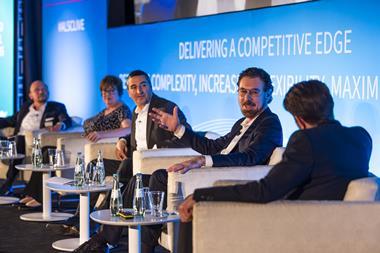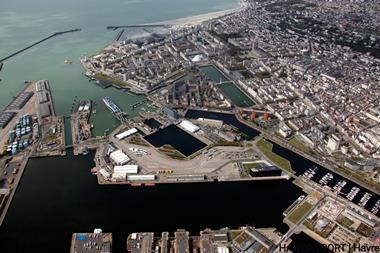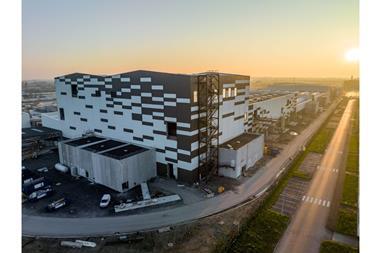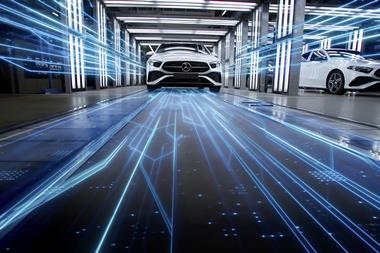As Finished Vehicle Logistics went to print, the world’s leading car carriers were being investigated by the Japan Fair Trade Commission (JFTC) on suspicion of fixing freight rates for vehicles on trade lanes between Europe, the US and Asia.
The offices of Eukor Car Carriers, K-Line, Mitsui OSK Lines, NYK Line and WWL were raided by the Commission in the second week of September for allegedly violating antitrust law in transporting vehicles and other exports, including commercial and high-and-heavy equipment. Subsequent requests for information have been submitted from the European Commission, from US federal authorities and the Competition Bureau Canada, suggesting that this could be the beginning of a much wider investigation into the sector.
The relatively few companies involved, compared to the rest of the shipping sector, control about 70% of the global market for the ocean transport of cars and special equipment, while capacity sharing between most of the lines is common. A rumoured merger between NYK, MOL and K-Line would only intensify that level of market concentration.
The investigation by the JFTC is related to the Japan Anti- Monopoly Act as the authorities question whether, along with capacity, the shipping lines have also shared sensitive pricing information among each other.
Carmakers and equipment manufacturers in the high-andheavy sector have refrained from comment on the investigation. A reliable source from a leading manufacturer, who requested anonymity, said only that he had found it “interesting” that requests for pricing seemed to yield consistent patterns among carriers.
Carmakers and equipment makers in the high-and-heavy sector are already facing pricing pressure with tight capacity conditions. This is having an impact on the export operations of some carmakers, according to Drewry’s research manager, for Freight Rate Benchmarking, Martin Dixon. “Some OEMs are concerned, not only about high car-carrier shipping freight rates, but also about potential shortages in shipping capacity, particularly in the medium term.”
According to Thomas Cullen, an analyst at the consultancy Transport Intelligence, the car carrier business is a good one for the shipping lines because it is characterised by high entry costs and expensive vessels, with a strong focus on quality service among carmakers. Car carriers can therefore charge a higher price for the service compared to more commodity-orientated container shipping. “As a result [of the service differentiation] OEMs pay a higher price, which is something unusual for vehicle manufacturers,” he said, adding that the situation is unlikely to change to any great degree following the investigations.
Drewry’s Dixon also did not expect anything immediate or significant to come from the enquiry. “Such investigations are not new to shipping. Container carriers are still awaiting the outcome of an EU investigation that started in May last year,” he said, referring to European Commission inspections this past year at the offices of container shipping companies including AP Moeller-Maersk, CMA-CGM and Hapag-Lloyd AG. Hamburg Süd and Neptune Orient Lines were also under investigation.
There has been little comment from the forwarders or from the JFTC so far. However, WWL confirmed in an official statement that the Commission had “commenced an inquiry” at its offices in Tokyo as part of an investigation related to the Japan Anti Monopoly Act. It said it was fully cooperating with investigators.“As a commercial carrier, the company fell within the scope of the competition authorities’ investigation,” said WWL in the statement, stressing however that the inspections did not mean that the companies involved have engaged in anticompetitive behaviour, nor would the company prejudge the outcome of the investigation.






















